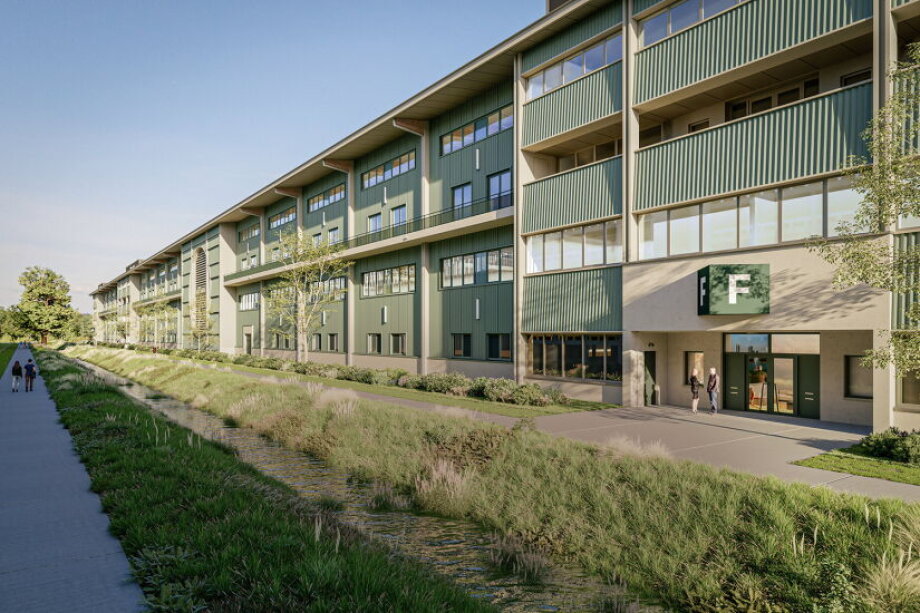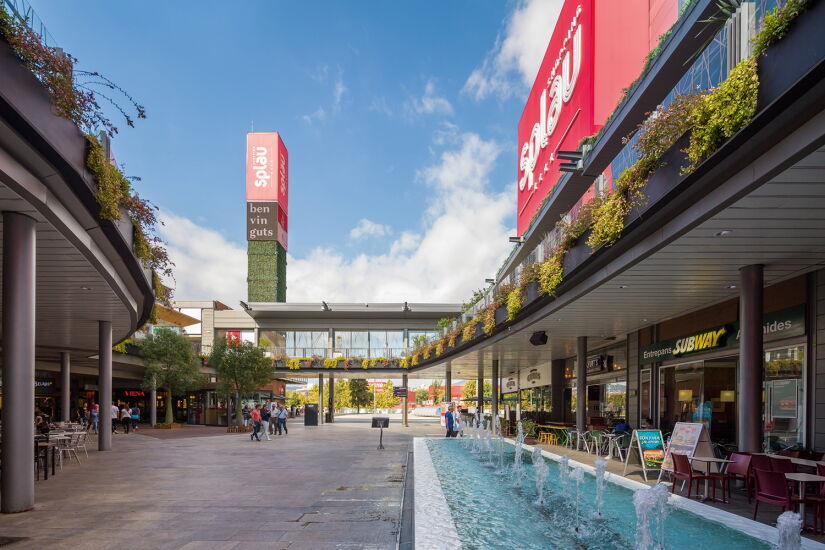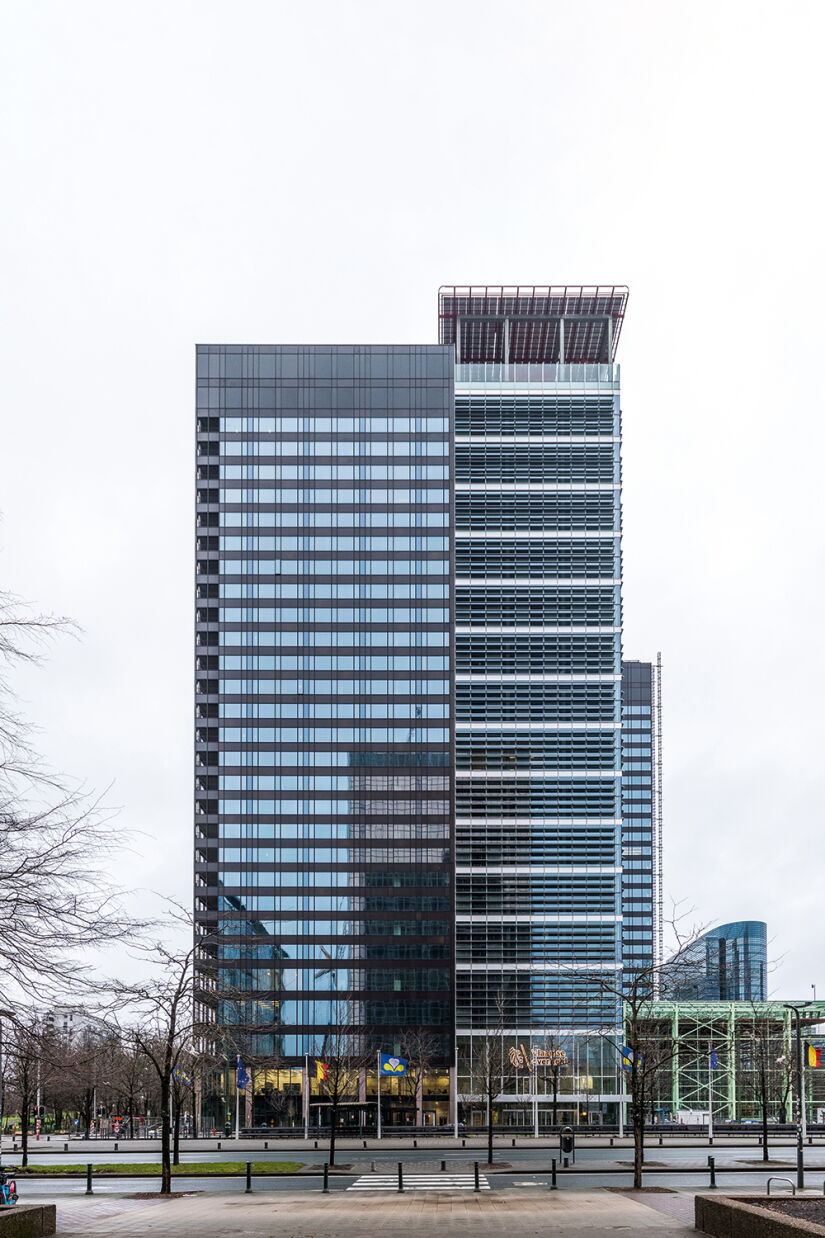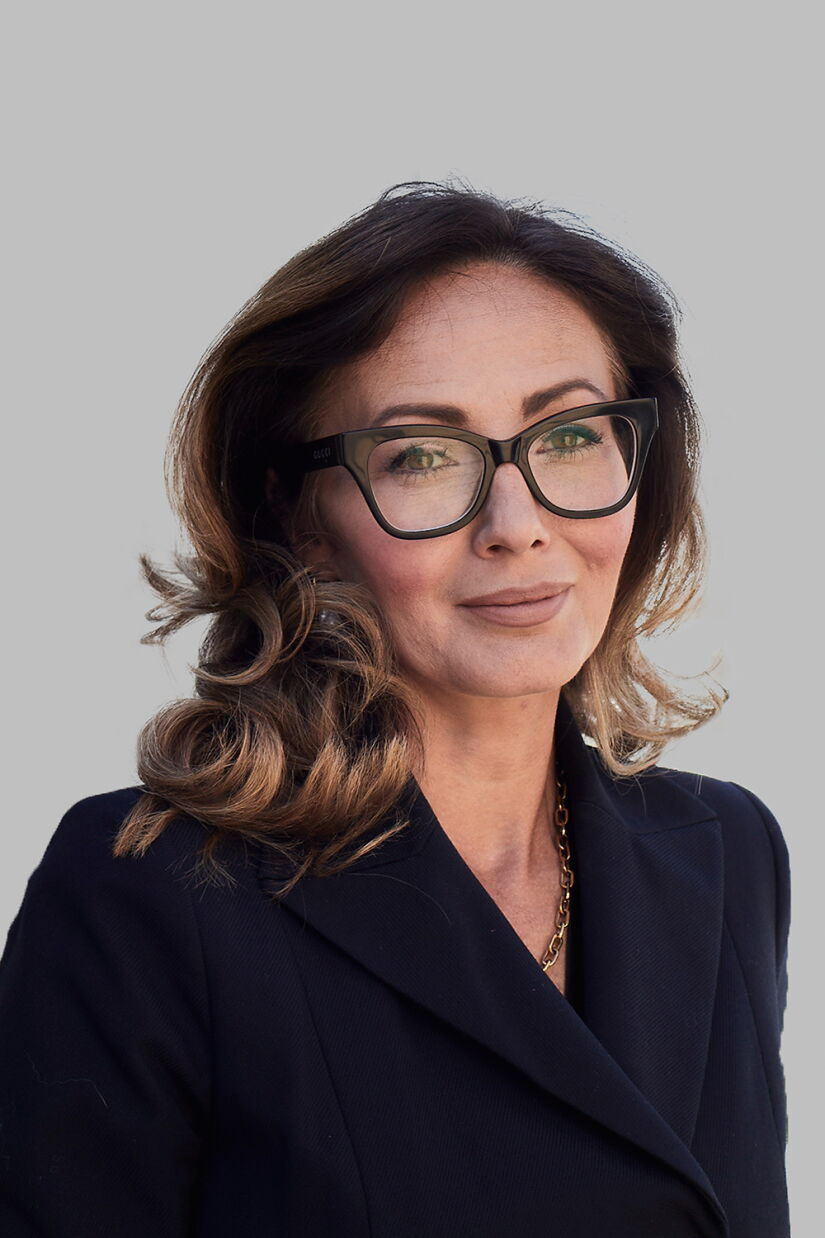Making sustainability in real estate profitable
Interview By Beata Socha

Interview By Beata Socha

WBJ: Bopro has been a prominent player in the real estate sector for over four decades. How has the company evolved over these 40 years?
Peter Garré: Reaching this milestone is significant for us. From the beginning, Bopro has been driven by a commitment to innovation and sustainability. The real estate market has changed dramatically over time, but our focus on building responsibly has remained constant. About 15 years ago, we made sustainability a core part of our mission, which led us to pioneer BREEAM certification across Europe. This shift has shaped not only how we operate but also how we view the future of real estate.
How has this sustainability focus influenced Bopro’s expansion, especially in European markets like France, Belgium, and Poland?
Our expansion has always been about advancing sustainability in real estate. In France and Belgium, we’ve grown by offering advisory and certification services that help property owners and developers meet ESG requirements.
Poland, with its growing economy and evolving tech sector, was a natural next step for us. The Polish market is growing, and there’s a real demand for sustainable real estate solutions. We’ve been working with Polish clients for years, and opening a new office in Warsaw was a logical progression. In Poland, we’ll be bridging the gap between these European directives and local implementation, ensuring that businesses here can meet the new standards while continuing to grow and thrive. With Monika Woźniak-Zawiola as our Country Manager, we’re well-positioned to deepen our engagement in Poland.

What led to the appointment of Monika Woźniak-Zawiola as Country Manager for Poland, and how do you see Bopro’s role evolving there under her leadership?
Monika brings over 25 years of experience in real estate, having overseen major projects like Złote Tarasy and Holland Park. Her expertise spans asset management and business development, and she’s passionate about ESG—values that align perfectly with Bopro’s mission.
With Poland’s market growing and demand for sustainable solutions increasing, Monika’s leadership will help us focus on portfolio performance management, ensuring long-term success for our clients.
ESG has become a critical element of business strategy, especially in real estate. How does Bopro integrate ESG into its services, and what role does it play in future plans?
ESG is central to everything we do. We embed sustainability into the entire lifecycle of a property, from design and construction to operation and eventual regeneration. It’s not just about meeting regulations; it’s about creating value in the long term. We help clients reduce carbon footprints, improve energy efficiency, and enhance the overall quality of the built environment.
As more regulations come into effect—like the EU Green Deal and Corporate Sustainability Reporting Directive—our ESG approach will remain foundational to our growth, ensuring that clients meet these standards while also achieving business success.
How do you see regulatory frameworks like the EU Green Deal shaping the future of real estate, and how is Bopro preparing for these changes?
The EU Green Deal is indeed transformative. It’s pushing the real estate sector toward more sustainable practices, which we fully support. The goals of achieving climate neutrality by 2050 and decoupling economic growth from overuse of resources is ambitious but necessary. These regulations are about more than just reducing emissions; they’re about transforming the entire real estate value chain.
Bopro is well-prepared, as we’ve been incorporating ESG into our services for years. We’re helping clients navigate these changes and adapt to new regulatory requirements in all the markets we serve, including Poland.
It's clear that Bopro is deeply committed to sustainability. But breaking the so-called "circle of blame" in real estate—where stakeholders blame each other for not prioritizing sustainable buildings—remains a challenge. Do you think we’ve made progress in this area?
Yes, we’ve made significant progress. Fifteen years ago, it was common to hear developers say there was no demand for sustainable buildings, while investors claimed there wasn’t enough tenant interest, and tenants said there weren’t enough options. Today, that’s no longer the case.
The financial crisis of 2007-2008 was a wake-up call. It highlighted the need for more resilient, long-term business models, and sustainability became a key part of that. Investors now actively seek out sustainable projects, and tenants are more aware of the benefits, not just in terms of environmental impact but also cost savings and employee well-being. Policymakers are also stepping up with stricter regulations. So, the circle of blame is breaking, but there’s still more to be done.

Bopro is active in various sectors. Which ones are the most responsive to ESG, and where do you see more resistance?
The logistics and office development sectors are particularly responsive to ESG practices. These industries focus on long-term profitability, and they recognize the value of sustainable real estate. It’s not just about reducing emissions but also improving efficiency and worker well-being.
On the other hand, the residential and healthcare sectors have been slower to adopt these practices. Often, the upfront investment required for sustainability can be a barrier. But we’re starting to see change as more companies realize that sustainability is essential for future-proofing their assets.
With regulatory changes on the horizon in 2026, what do you see ahead for sustainable real estate?
From 2026, companies will be required to report on CO2 emissions, energy usage, and water management, among other things. Banks are already paying closer attention to ESG criteria in credit files. Companies that haven’t yet adopted sustainable practices will face challenges.
At Bopro, we’re helping clients navigate these changes with clear strategies for compliance. We’re also investing in digitization and standardization, which will make large-scale renovations and sustainability upgrades more affordable and efficient.
You’ve pointed out that the current rate of real estate sustainability, with only a 1.5-2% annual renovation rate, is too slow. What needs to change?
At this pace, it will be impossible to meet sustainability targets by 2050. We need more resources, but even more importantly, we need to reduce some regulatory burdens. Instead of overregulation, we should be encouraging higher ambitions with incentives.


